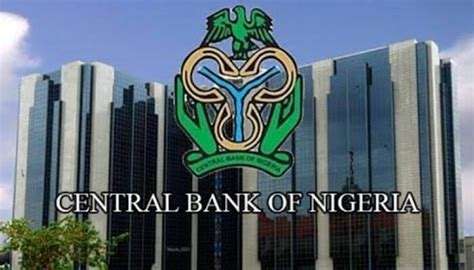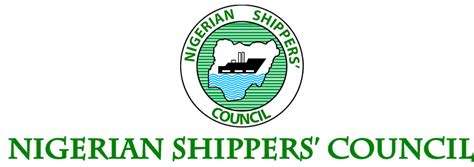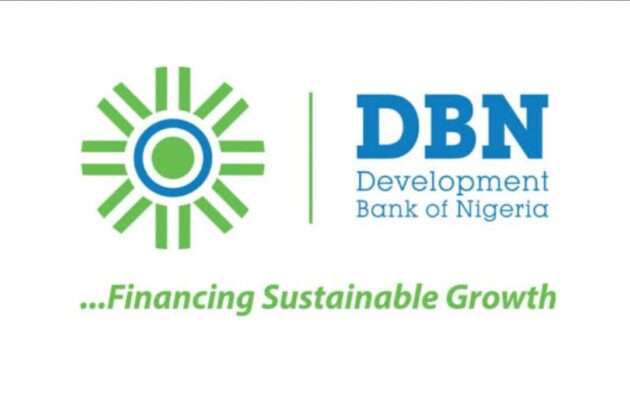The Central Bank of Nigeria (CBN) has announced a significant increase in the interest rate for the 364-day Nigerian Treasury Bills, raising it to 16.50%. This represents a 62-basis-point uptick from the previous rate of 15.88%, signalling the CBN’s proactive approach to current economic conditions and investor appetite.
The latest treasury bill auction revealed robust demand for longer-term government securities. The 364-day bills were notably oversubscribed, meaning investors applied for more bills than were being offered. This heightened interest suggests that investors are seeking stable, longer-duration investment vehicles that offer attractive returns, in this case, enhanced by the rate increase in a bid to offset inflationary pressures and currency risks.
Shorter-term treasury bills, however, saw no change in their rates. The 91-day bills continue to pay an interest rate of 15%, while the 182-day bills yield 15.50%. This differentiation illustrates a market pattern where investors weigh the trade-off between liquidity needs and yield, opting more this time for long-term maturity given the rate advantage.
From a policy perspective, the CBN’s move balances multiple objectives. By increasing the yield on the 364-day bills, the central bank aims to attract more liquidity into government securities, which helps manage the money supply and control inflation. It also signals confidence in fiscal management and a strategy to deepen the Nigerian bond market by promoting longer-term lending instruments.
For investors, this rate hike is an important indicator of the central bank’s monetary stance and the broader economic outlook. It reflects efforts to maintain stability amid potential inflationary pressures and currency fluctuations. Those considering government securities should pay close attention to upcoming auctions, as shifts in rates and subscription levels will impact investment decisions and portfolio strategy.




